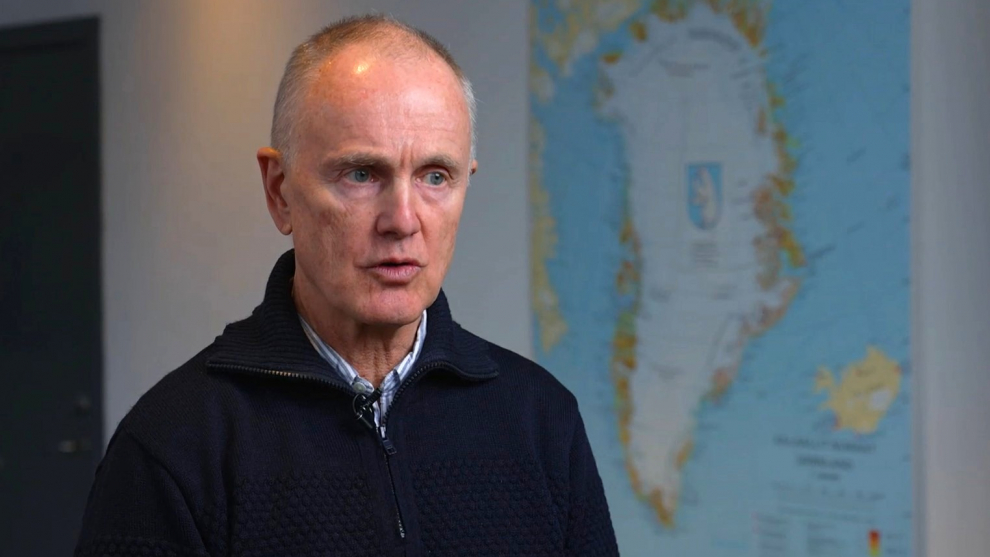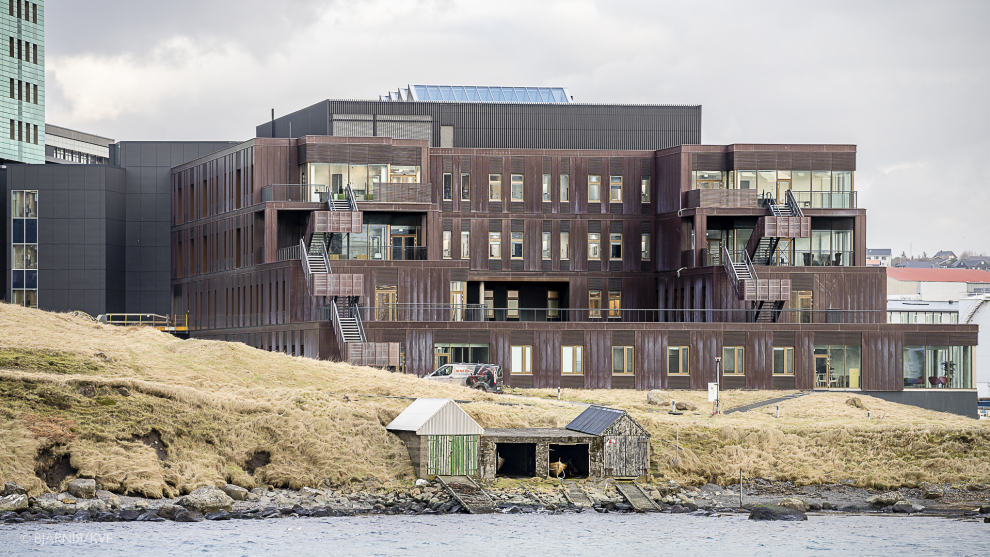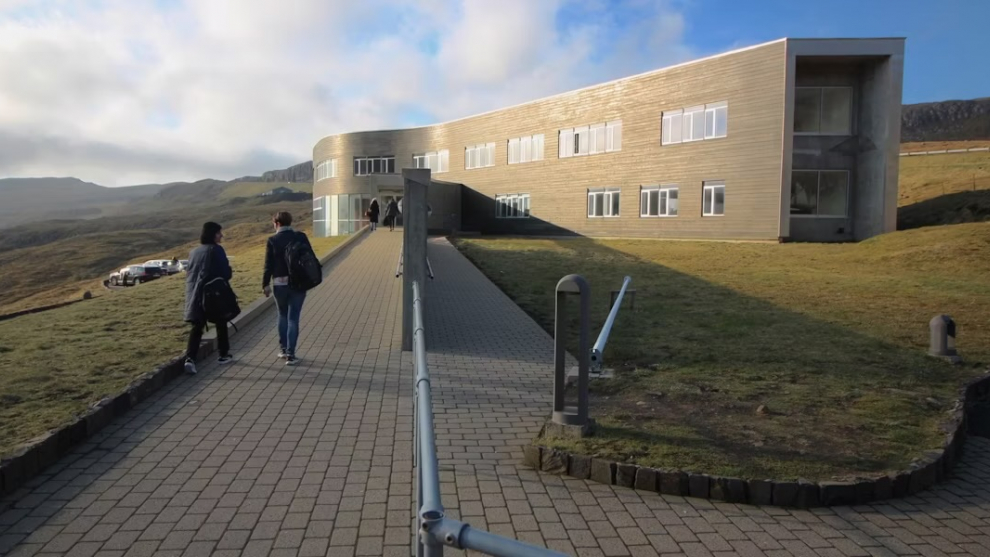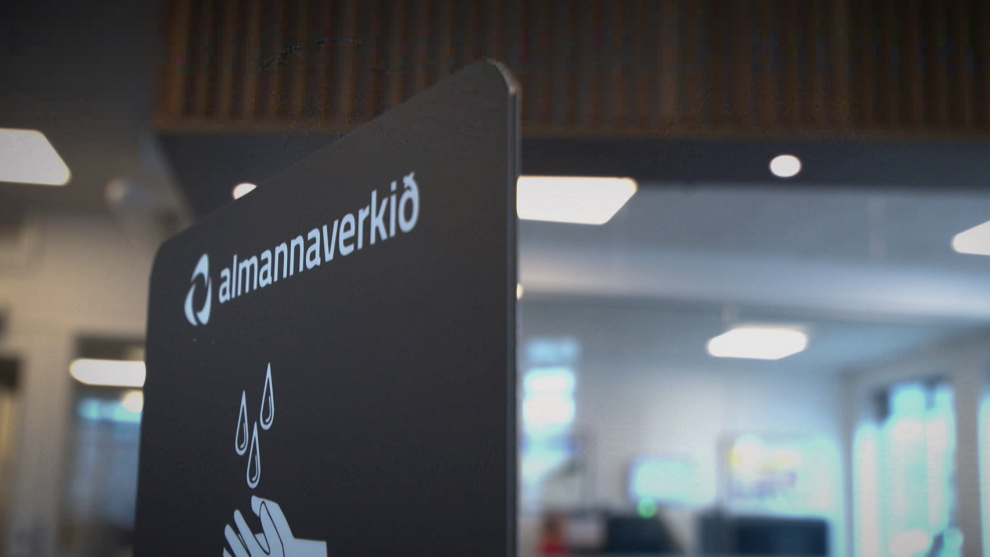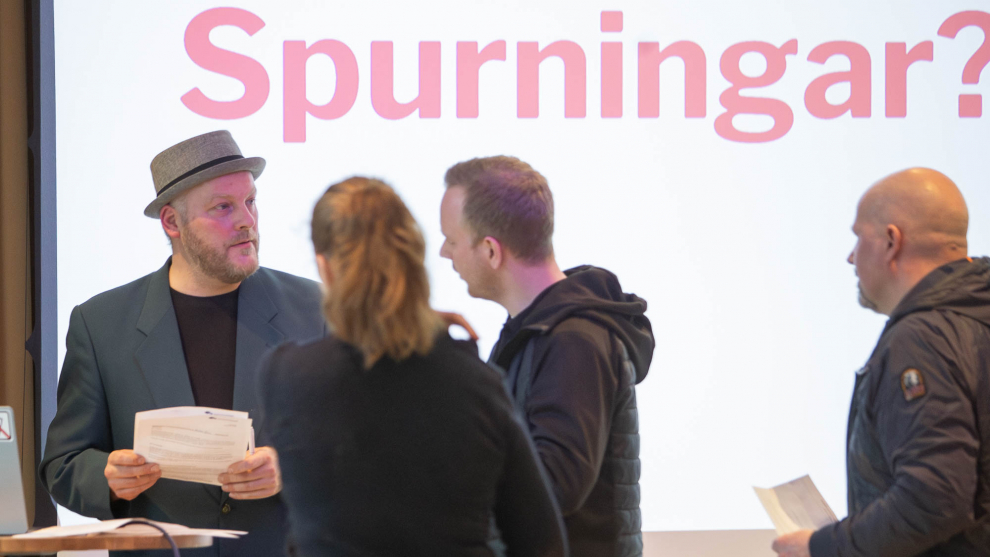- Tíðindi, mentan og ítróttur
Revised quarantine guidelines

Corona.fo today issued the following revisions to the quarantine guidelines.
1. Quarantine – those who have tested positive for COVID-19
If you have tested positive, you are recommended to quarantine. This means:
• You stay at home and only have contact with people in your household.
• Maintain a distance of no less than 2 metres from others in the household. Sleep alone and avoid staying in the same room as the others for long periods. Use a separate bathroom. If this is not possible, make sure you clean any handles and taps before others use them. This is particularly important if you live with people at risk of severe illness from COVID-19.
If you have symptoms:
• If at least 48 hours have passed since you last noticed any symptoms, you are no longer regarded as contagious, and you can be released from your quarantine.
• You may also leave your quarantine when you have been ill for 10 days and have been fever-free for 48 hours (without the use of fever-reducing medication such as paracetamol), provided you are feeling well and only notice minor symptoms such as a loss of taste and smell, a light cough, headaches or fatigue.
Most people infected with COVID-10 only experience mild symptoms that last for a short time. If you develop severe symptoms, it is recommended that you contact a doctor.
If you do not have symptoms:
• You are not regarded as contagious and may leave your quarantine 7 days after receiving your positive test result.
You should not take further tests at this time as the results may come out positive for weeks after your recovery.
Children:
Children who test positive for COVID-19 should follow the same quarantine guidelines as adults and should stay at home until they are no longer contagious.
Since children have a greater need than adults for comfort and care, a hug may be more important than physical distance. To minimise close contact between the infected child and others in the household, it is recommended that, to the extent possible, only parents or other caregivers who look after the child have close physical contact with the child.
The quarantine period can be difficult for adults and children alike, and quarantined people are advised to live as normally as possible during this period. Adults are advised to help their children maintain contacts with their friends in a safe manner.
2. Quarantine – those who have been directly exposed to an infected person
For people who have been directly exposed to an infected person, a distinction is made between close contacts and other contacts.
Close contacts
You are considered a close contact if you have been exposed to an infected person less than 48 hours prior to the person testing positive for COVID-19 or developing symptoms, and if one of the following scenarios apply to you:
• You live with the infected person
• You are in a relationship with the infected person, but you do not live together
• You share a room with the infected person e.g. in a student’s residence hall
• You have spent the night with the infected person
Recommendations for close contacts:
• You should go into quarantine
• You should get tested on days 4 and 6 after exposure to the infected person
• If you are not together with the infected person during the quarantine period, you may leave your quarantine if you receive a negative result from your test on day 4
• If you are together with the infected person during the quarantine period, you are recommended to remain in quarantine until the infected person is released from his/her quarantine and when you receive a negative test result
Other contacts
You are classified in the ’other contacts’ category if you have been exposed to an infected person less than 48 hours prior to the person testing positive for COVID-19 or developing symptoms, and if the scenarios for ‘close contacts’ do not apply to you. Examples of ‘other contacts’ include:
• Work colleagues
• Classmates at schools or daycare centres
• Friends
• People you have engaged with at social events, leisure activities or in public spaces
Recommendations for other contacts:
• In addition to immediate testing after exposure, take a second test on day 4 after exposure
• You are not required to quarantine, and you may attend your work/school/daycare centre provided you do not have any symptoms.
Practice caution, be alert for possible symptoms and get tested if you notice any symptoms.
Contacts who have had COVID-19 within the past 6 weeks:
• You should not take a new test if you have recently been exposed to an infected person. The reason for this is that test results may come out positive weeks after recovering from COVID-19.
• If you do not feel any symptoms, you are not required to quarantine, even if you share a house with an infected person.
• If you feel symptoms, you are recommended to quarantine until you have been symptom-free for 48 hours.
Those who test positive receive an email containing information on what to do, how to identify their ‘close contacts’ and ‘other contacts’ and instructions for these contacts.
The new guidelines have been implemented.
Everyone is advised to follow the public health guidelines regarding social distancing and good hygiene.
For further information about Covid-19 in the Faroes, including daily figures, visit corona.fo.
Read the Faroese version of this article here.
More Faroese News in English.












